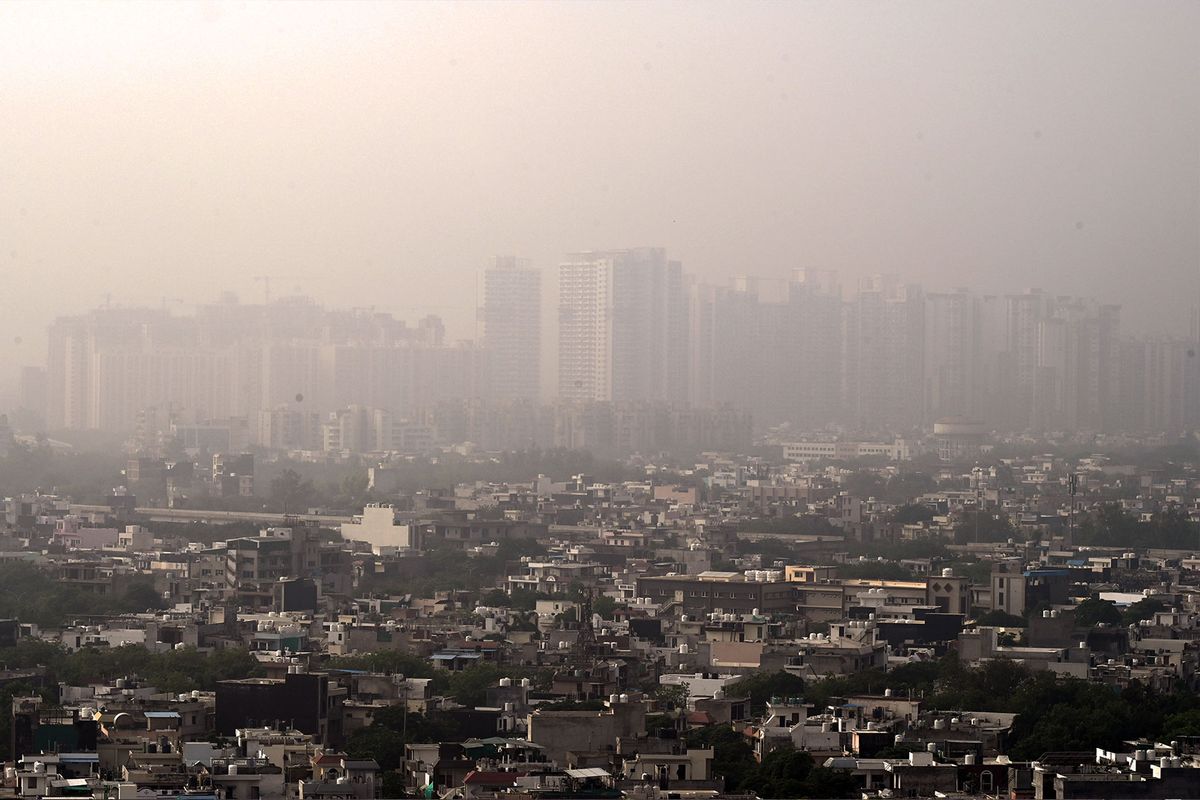A new report submitted by the Indian government to the United Nations offers a glimmer of hope when it comes to the fight against climate change: Over the past 14 years, the world's most populous nation has reduced its carbon emissions by a larger-than-expected 33%. According to the report filed to the United Nations Convention on Climate Change, India is well on its way to achieving the goal it established for itself in the Paris climate accord: To reduce its carbon emissions intensity by 45% from its 2005 levels by 2030.
India's position stands in stark contrast with that of other nations, including the United States, which under President Donald Trump adopted explicitly anti-science policies when dealing with the COVID-19 pandemic as well as when dealing with climate change. This included yanking America out of the Paris climate accord and removing all information about climate change from the Environmental Protection Agency's website.
The need for action on climate change was reinforced throughout Summer 2023. July 2023 was the hottest month in recorded history, with residents of Phoenix, Arizona suffering through weeks of temperatures at or above 110ºF (43.3ºC). Thousands of temperature records all over the planet have been broken since the heatwaves began on June 10. They have contributed to wildfires, droughts and other extreme weather events all over the planet.
"It's a 'new abnormal' and it is now playing out in real time," Dr. Michael E. Mann, a professor of Earth and Environmental Science at the University of Pennsylvania, told Salon last month.



Shares